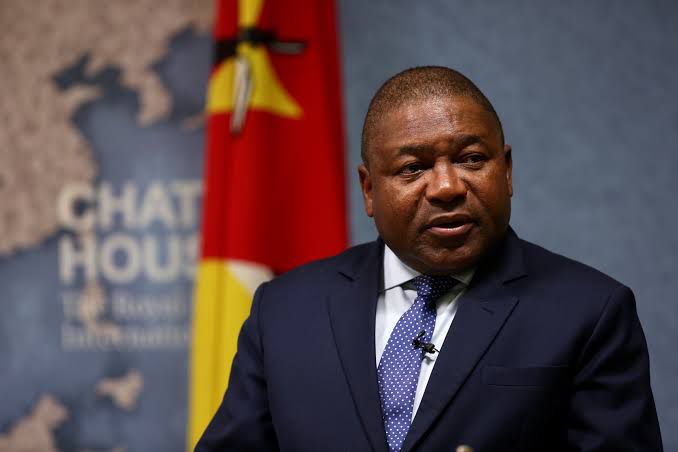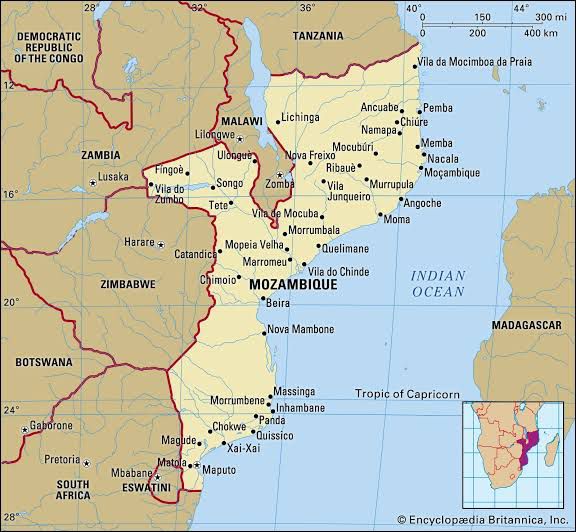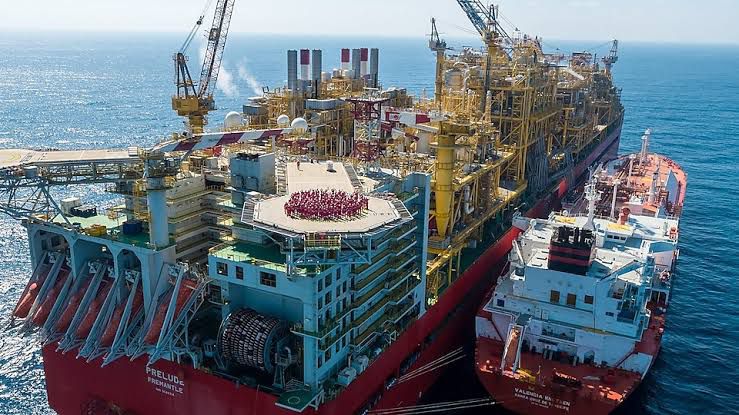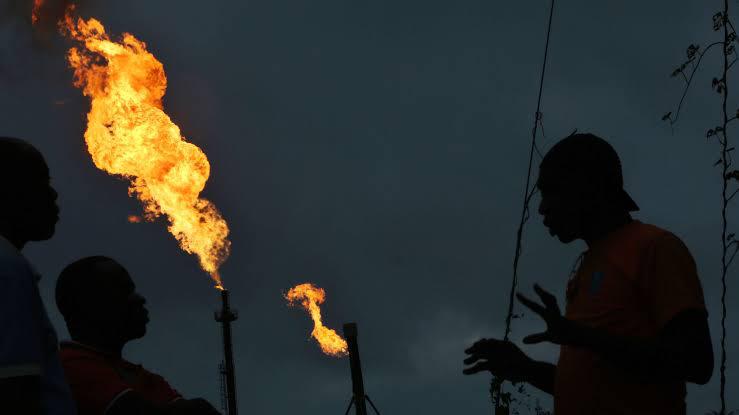A study by Westwood has revealed that there is a potential $65 billion worth of stalled oil and gas resources in the world, with the majority volume of stalled gas found in the Ruvuma-Rufiji basin of Mozambique and Tanzania.
The resource is said to worth more than $65 billion and will cost an estimated $24 billion to discover. It represents 40% of the volume found in high impact discoveries in the period. The study shows the location of the resources, why they are stranded and the opportunities present.
Highlights from the report:
- The largest volume of stalled gas is in the Ruvuma-Rufiji basin of Mozambique and Tanzania where 166 tcf was discovered between 2010 and 2015 but only 38 tcf has shown signs of progression while 128 tcf of gas remains stalled.
- Brazil has the largest stalled oil (and condensate) resource, estimated at 3.8 bnbbl in 19 HI discoveries in five geological basins.
- Around 16.5 tcf of gas remains stalled in Iraqi Kurdistan, three bnboe of oil and gas (split 50:50) is stalled across the Kwanza and Lower Congo basins of Angola.
- Around 14Tcf of gas remains in the ground in the Browse and Carnarvon basins of Australia.
- More than 500 mmboe are stalled in each of Nigeria, Malaysia, Gabon, Vietnam, USA, Romania, Uganda, Cyprus, Canada and the Falkland Islands.
The study also identified 26 different contributing factors. Above-ground factors dominate, with the fiscal regime/gas terms in the host country; access to finance and portfolio prioritisation being the most common. Subsurface factors include fluid composition and reservoir quality and compartmentalisation.
In Tanzania, 14 deep-water gas discoveries clustered in five potential developments are stalled due to a combination of above-ground and subsurface issues. Reservoirs are more compartmentalised than in neighbouring Mozambique with lower resource densities and higher development costs.
In the Kwanza basin in Angola, seven pre-salt discoveries are stalled due to a combination of above-ground and subsurface issues. The discovered hydrocarbons are gas-rich.



